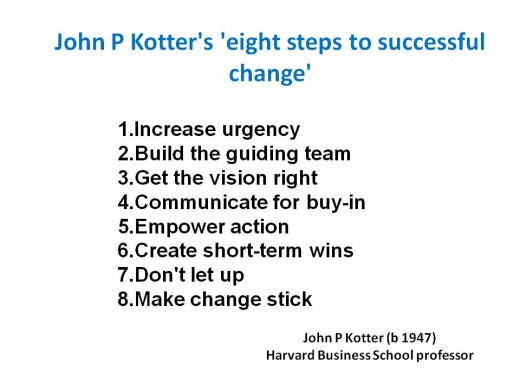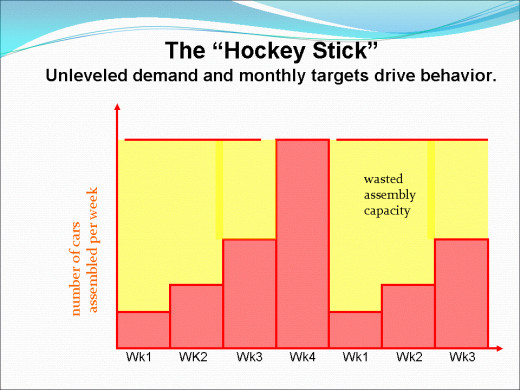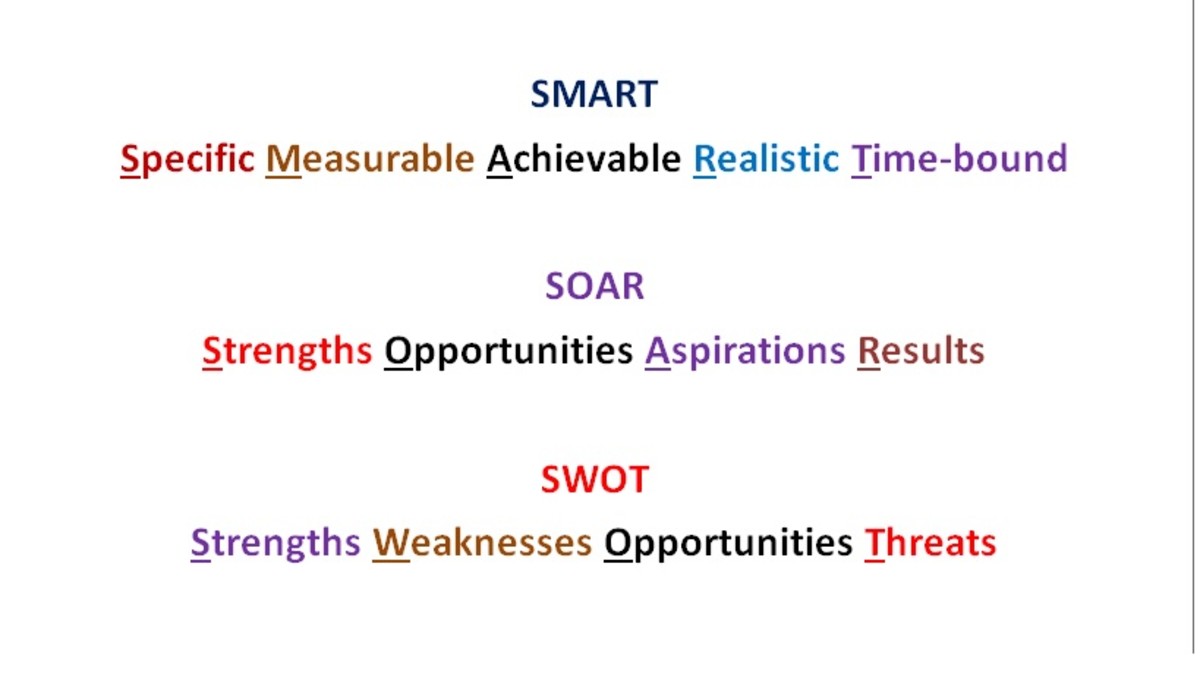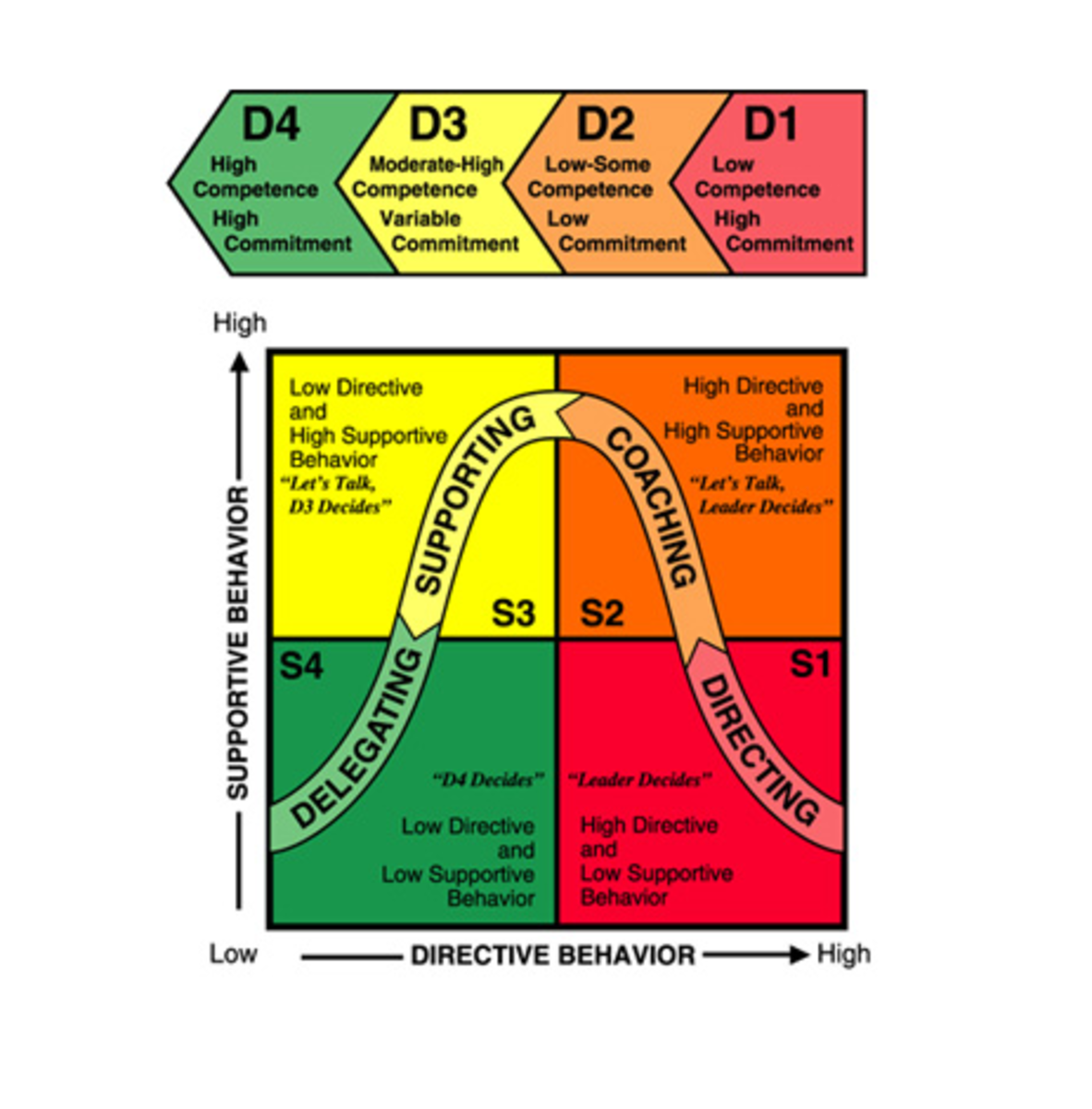What is Management Commitment for Organizational Change Management?
What is Management Commitment
Organizational change management is required whether it is for lean manufacturing implementation, six sigma,projects, putting in an ISO 9001 quality system or a standalone project. When it fails to deliver the number one reason cited for failure is often "lack of management commitment". But just what is management commitment and why do we so often fail to have it behind our various business initiatives?
Commitment is not just something that your spouse demands of you, it is an undertaking to make something happen (The free dictionary online says; “The state of being bound emotionally or intellectually to a course of action or to another person or persons.”) The dictionary also says that commitment is the act of placing someone within a mental institution; often the type of commitment required for some management that I have worked with over the years!
So management commitment when looked at in the scope of organizational change management would be; the management being bound intellectually (maybe also emotionally as some management become very passionate) to ensuring that the organizational change takes place.
A committed management would therefore ensure that resources were made available for the initiative and barriers that blocked it were removed. They would also lead by example, not just talk about it!
Management of Organizational Change

How to gain management commitment
You would think that gaining commitment would be an easy task for any initiative that promises to make improvements to the business, however this is often not the case. Management may pledge allegiance to the cause when it is first presented to them but often after a few months take three steps backwards as they realize what the commitment may mean from them personally.
Management often have many conflicting restraints and measures placed upon them, some of these short term measures can be heavily impacted when a company tries to implement something like lean or six sigma. How can the production manager justify the loss of a week’s production or the reduction in machine utilization caused by a kaizen blitz in one of his areas! Too often the short term measures overshadow the potential long term benefits of an initiative when management (and shareholders) fail to understand the big picture.
Organisational Change Video
Create a core Organizational change management team
There needs to be a core team of senior management (or individual champion depending on the size of the company) who fully understand the implications and aims of any organizational change. This team needs to be fully committed to the necessary changes that need to be made in the business and must lead the change. This team must ensure that roadblocks are removed and resources are made available; a team or champion that is not able to muster resources, make decisions, and influence others in the organization is doomed to failure!
Far too often senior management will assign someone with organizational change such as implementing an ISO 9001 quality management system but give the individual zero authority and resource. The individual then finds that the only way to get the job done is to do the work themselves and make it look like it is the result of a company initiative!
Commit to Change your Organization

Management education
We need to win the hearts and minds of all management first, there needs to be a frank and honest discussion of what implementing lean or six sigma or any other initiative really means for the company, not just a few bullet points showing how profits will be increased and everyone’s jobs will be so much easier. Management have to understand that many of their roles will change, responsibility and authority may be delegated downwards away from them, and they may have to spend more time actually at the “coal face” with the people that do the work than hidden away in their comfy offices and so on.
Implementing any organisational change is going to lead to someone’s empire being upset and overthrown by a new order, there will also be those management that will be afraid that they are not actually up to managing in the new ways of working so you will encounter resentment and even outright hostility.
The champion or core senior management team has to ensure that people are given the right encouragement to change (there is no point trying to dictate change it will not happen.) Provide guidance and vision to the individual management and empower them to make the changes required. If the individual clearly is incapable of working in the new organisation then change management has an alternative meaning that should be employed for the benefit of the business as a whole!
Poorly Developed Measures Drive Poor Behavior

Aligning company goals with the initiative
We need to ensure that the company goals and objectives are in line with the initiative being implemented. There is no point in trying to implement lean if our financial measures force machines to run big batches 24hours a day even if not required!
The company objectives should encourage behavior that supports the organisational change and any reward system should reflect this. For instance GE made 40% of an executive/managers bonus directly related to the six sigma quality initiative they launched.
Failure to Implement Change
Walking the walk
Management must be able to demonstrate their commitment to any organization change, if a manager is on the shop floor and he notices things out of place or not being done it his responsibility to say something and impress on others the need for it to be done.
Organisational change management requires for all in the organisation to become committed to the changes required and understand the need for the changes. If the pressure is kept on and the company vision and goals are in line with the changes required then over time the culture will change.
Organisational change consultants
Many consulting firms are very good at the hard sell and can convince a company of the need to implement today’s management fad. They are also very often very good at being there to ensure that projects are completed and goals are met – whilst they are there!
Most consultants fail to truly change the culture and gain management commitment, the consultant taking the role of champion to force change within the organization and police what is happening. When the consultant leaves so has the champion and there is no one left to lead the organizational change and things begin to slip back to where they were before.
We often hire consultants to attack the low hanging fruit and make quick gains so that we can justify their expense, we fail to bring them in to develop and educate our senior management to truly gain a commitment for any change program.
Change Management or Change the Management
Sometimes it becomes clear that members of the management or even other staff within an organization are really never going to fit into the new ways of doing things. Many of these individuals will leave of their own accord when they become increasingly uncomfortable with the new ways of doing things; however you are often left with a core group of highly disenchanted personnel who are just waiting to see your initiative fail. Many will not do anything to actually make things fail but they will certainly go out of their way not to support it.
This is the point when you need to have a frank and honest discussion with these individuals and point out that change management has two very distinct meanings and if they are not able to support fully and wholeheartedly what is happening then the company has no option but to change them for someone who will. It only takes one member of your management team to be rowing in the wrong direction and your boat is not going to end up where you are trying to steer it!
Change management does require some tough decisions, especially in well established companies, and if you can't get the management commitment required from the established team; sometimes you have to change that team!
Organizational Change Management
If you have any comments about organizational change management or management commitment please leave them in the comments section below or contact me directly.








